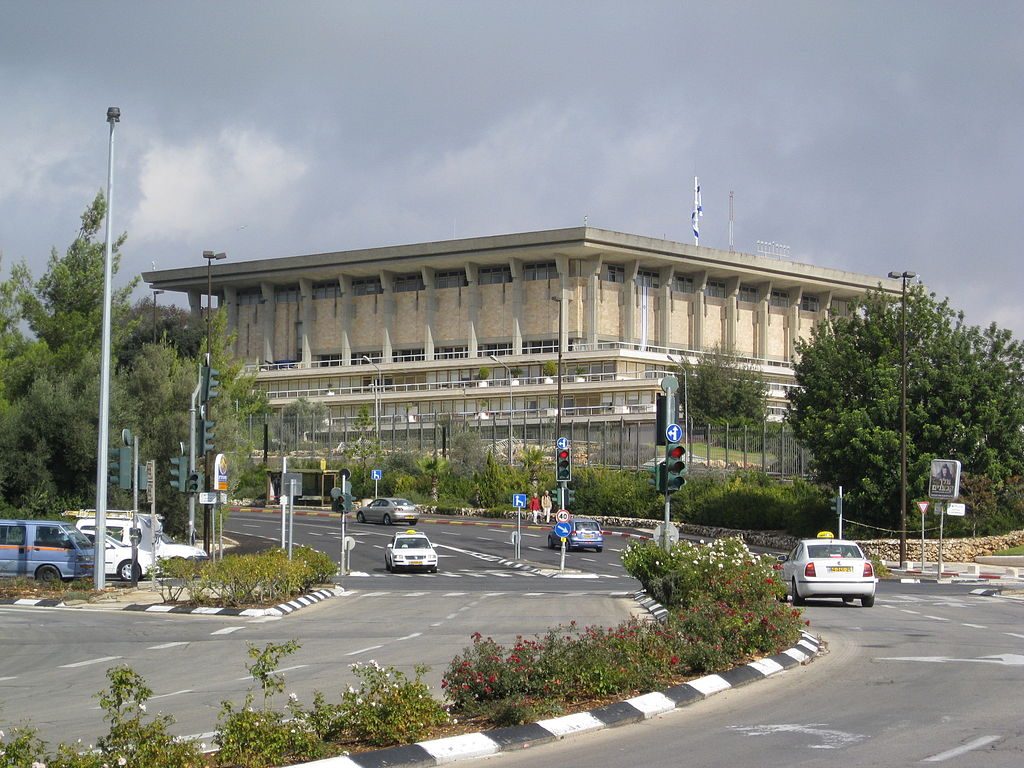New polling shows no movement between the Israeli political blocs and no drop in the personal popularity of incumbent PM Netanyahu who is expected to easily defend the challenge to his leadership of the Likud party

Israeli law sets the minimum span of time between the day when an election is called and the Knesset votes to dissolve itself and the actual election day at 90 days. This is to allow for proper campaigning time and also to allow enough time for Israeli businesses and government offices to prepare for closure on election day, which is a holiday day in Israel.
Changing this law requires a majority vote in the Knesset and that is precisely what may happen. Cutting in half the campaign time from 90 to 45 days was proposed today by a leading Knesset member from the Likud Miki Zohar and it appears that his proposal is making the rounds and gaining widespread support on both sides of the political divide. One place this proposal appears to be a non-starter is in the Israeli elections commission, the head of which has already declared that such an idea would be a non-starter and impossible to implement.
Whether the election is held in January or in March, the political scene in Israel is showing no signs of changing one way or another. Most recent polling still predicts equality between the religious right bloc led by the Likud with 56 (out of 120) Knesset members and the Arab-left-center-left bloc with the same exact number, leaving Avigdor Lieberman and his Israel Neitenu faction in the kingmaking position with eight seats.
As to the leadership challenge to Mr. Netanyahu within his own Likud party, that seems destined to failure as polling is showing his support with Likud voters at upwards of 80%, leaving his challenger Gideon Sa’ar far in the dust.
As I am writing these lines, as many as five thousand people are demonstrating in front of the prime minister’s official residence in Jerusalem in support of Mr. Netanyahu and in opposition to what they call “a judicial coup” by AG Mandelblit. The level of participation in this demonstration bodes well for Mr. Netanyahu as the Israeli right appears to be more divided than usual, primarily along the religious-secular or observant-non-observant fault lines.
One thing is clear: Israeli public is not going to change their minds no matter how many times it gets polled. Israeli politicians will have to figure out what kind of governing coalition can be formed that best represents their constituents. After all, that is what they get elected to do.
- Markets Are Rising With Prospect Of Second Trump Term As Consumer Wilts Under Trade Uncertainty
- Why Not Occupy Carnegie Hall!


